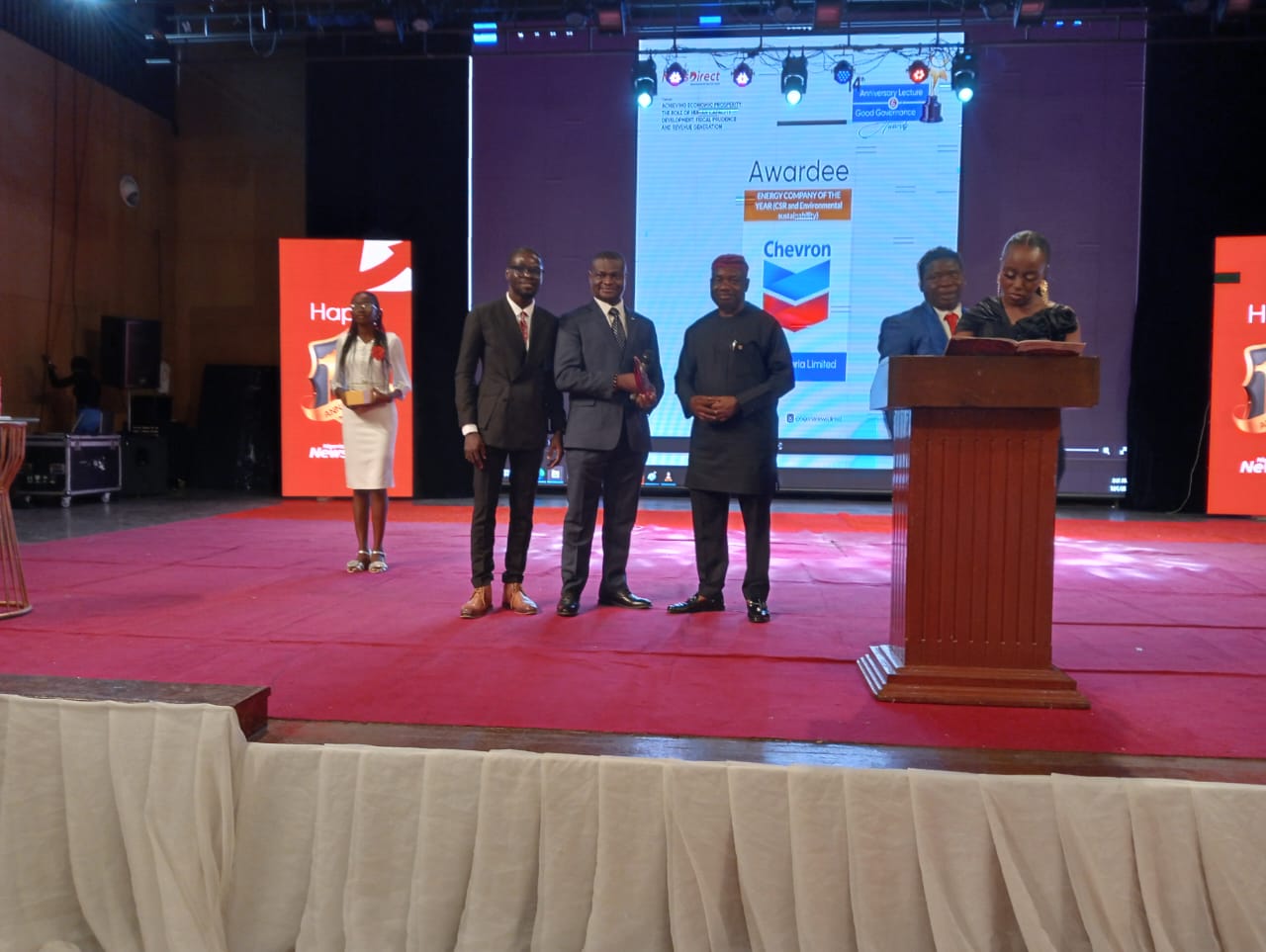Energy
Ministers from Africa and EU come together to combating energy poverty

…Providing Access to Energy for 100 million Africans
ADDIS ABABA – Energy poverty is one of the biggest challenges for sustainable development in Africa. While the continent’s energy needs are growing substantially, the available resources are more than sufficient to meet the continent’s demand.
Moreover, Africa is the most vulnerable continent to climate change. With its vast and untapped natural resources, Africa is an ideal place to develop innovative technologies and renewable energy solutions. The European Union on the other hand is well-equipped to support capacity development, provide renewable and energy-efficient technologies, and help in enhancing regulatory and investment frameworks.
At the Second High Level Meeting of the Africa-EU Energy Partnership, taking place on 12-13 February in Addis Ababa, African and European political and business leaders meet to review successes in the African energy sector and further deepen energy collaboration of the two continents. The Africa-EU Energy Partnership (AEEP) is an established framework for energy cooperation between the two continents, offering a platform for dialogue and coordination of joint activities.
In 2010, at the First High Level Meeting of the Energy Partnership, African and EU ministers set ambitious targets in the areas of energy access, energy security, renewable energy and energy efficiency to be reached by the year 2020. Ever since, progress on achieving these targets has been tracked and collected in the First Status Report of the Africa-EU Energy Partnership: for instance the capacity of solar energy has seen rapid growth since 2010, and is projected to exceed original target – additional 500 MW by the year 2020 –by far.
At the current electrification rate, the target set by African and EU Energy ministers back in 2010 to provide 100 million Africans with access to modern and sustainable energy services may be met in 2020. However, with the African population rapidly growing, the share of the population without access to electricity in 2020 is expected to grow substantially. Strong political commitment and deliberate engagement of stakeholders is key to encourage investment and action towards bridging the gap of energy poverty in Africa. The Second High Level Meeting of the Africa-EU Energy Partnership will thus be directed towards shaping a forward-looking vision for energy cooperation between Africa and Europe and to delivering concrete results – political commitment to realise sustainable energy solutions for our future generations.
“The African Union is committed to further strengthen energy cooperation with Europe. Technology transfer and investment are key for sustainable energy development in Africa.”
Aboubakari Baba Moussa,
Director, Infrastructure and Energy Department, African Union
“The Africa-EU Energy Partnership is a bold initiative founded on a simple fact: namely that energy is fundamental to development. No energy means no sustained or sustainable economic growth, no sustainable agriculture, no quality healthcare; no decent education. In short, no energy means no development.“
H.E. Andris Piebalgs, Commissioner for Development Cooperation, European Commission
Energy
Dangote Partnership: MRS Urges Nigerians To Insist On N935/Litre Petrol Price Nationwide

MRS Oil Nigeria Plc, a prominent player in the Nigerian downstream oil industry, has implemented a new petrol price of N935 per litre across all its retail service stations nationwide.
The company has also called on Nigerians to monitor and report any outlets that fail to adhere to the new price structure.
Biztellers reports that this is consequent upon an announcement by the President of Dangote Industries Limited, Aliko Dangote, that the Dangote Petroleum Refinery has partnered with MRS Oil and Gas to offer petrol at N935 per litre at retail outlets, following a reduction in the ex-depot price from N970 to N899.50 per litre.
ALSO READ: Dangote Slashes PMS Price To N899.50k
It was gathered that MRS Oil Nigeria Plc has instructed all its outlets to implement the new price immediately, setting up a digital platform and monitoring team to ensure full compliance.
In a statement on Monday night, the company declared, “Petrol is now being sold at N935 at MRS Filling Stations nationwide. If you find any station not following this price, please report it. Call 08009447853 or email: NG-FMKPMGWHISTLEBLOWING@NG.KPMG.COM”
Emphasising the eco-friendly nature of its products, MRS Oil added, “We call on all petrol station owners to join MRS Oil Nigeria Plc in improving the supply chain of our beloved country, ensuring product quality and availability in every corner of Nigeria for the benefit of all Nigerians.”
In Lagos, commuters were seen queuing at MRS filling stations to purchase petrol, with many expressing their gratitude to the Dangote Petroleum Refinery and MRS Oil and Gas, urging other marketers to support the indigenous refinery rather than import off-spec products into the country.
A commuter at the MRS station at Alapere on the Lagos Ibadan Express way, Ibukun Phillips, could not hide her joy as her husband filled up their car.
“I am very happy today. This is a victory for Nigeria,” she said. “The price reduction is the best gift of the season. But beyond just the reduction, we are buying standard, eco-friendly petrol at a lower rate. My husband and I have decided we will only be using MRS from now on because we are confident in the quality of the product and supporting the economy.”
A commercial bus driver, Adio Ajibade described the price reduction as a great relief, especially during the festive season.
“The reduction is a great relief. It will reduce transportation costs and benefit Nigerians. God will continue to bless Alhaji Aliko Dangote,” he said.
A public affairs analyst and university lecturer, Dr. Tunde Akanni, said the collaboration between Dangote Petroleum Refinery and MRS Oil represents a significant step towards improving the affordability, quality, and sustainability of petroleum products in Nigeria.
According to Dr. Akanni, “this move will not only help ease the financial burden on Nigerians but also promote a more environmentally conscious approach to fuel consumption, benefitting both the economy and public health in the long term.”
Energy
FDI: Shell To Invest Billions Of Dollars On Nigeria’s Bonga North Oil Field

As a direct implication of the Federal Government’s Foreign Direct Investment drive, the Royal Dutch Shell has completed the final investment decision on the deep offshore Bonga North project in Nigeria.
Biztellers reports that the Bonga North will be a subsea tie-back to the Shell-operated Bonga Floating Production Storage and Offloading (FPSO) facility which Shell operates with a 55% interest.
Shell’s Integrated Gas and Upstream Director, Zoë Yujnovich, said, “This is another significant investment, which will help us to maintain stable liquids production from our advantaged Upstream portfolio”.
ALSO READ: OGUNCCIMA Commends Dangote Refinery’s Impact
It was gathered that the Bonga North project involves drilling, completing, and starting up 16 wells (8 production and 8 water injection wells), modifications to the existing Bonga Main FPSO and the installation of new subsea hardware tied back to the FPSO.
The company is optimistic that the project will sustain oil and gas production at the Bonga facility.
The Bonga North currently has an estimated recoverable resource volume of more than 300 million barrels of oil equivalent (boe) and will reach a peak production of 110,000 barrels of oil a day, with first oil anticipated by the end of the decade.
In addition, the Bonga North will help ensure Shell’s leading Integrated Gas and Upstream business continues to drive cash generation into the next decade.
Energy
Chevron Nigeria Bags ‘Energy Company Of The Year For Environmental Sustainability And CSR

Chevron Nigeria Limited (CNL), has received an award as “Energy company of the year (2024)” for its Environmental Sustainability and Corporate Responsibility accomplishments.
The award presented by the Nigerian News Direct newspaper, on Friday December 6, 2024, and was received by Manager Communications, Chevron Nigeria and Mid-Africa Business Unit, Victor Anyaegbudike, at a colourful event at the Grand Ballroom of the Oriental Hotel, Lagos.
ALSO READ: Stakeholders Hail NCDMB As Local Content Level Hits 56%
The organizers of the award noted that Chevron has implemented the “Protecting People and the Environment” policy, which aims at preventing injuries, illnesses, and environmental incidents. They also referenced that the company has achieved 97% gas flaring reduction in its operations in Nigeria, while implementing waste management and environmental conservation programs.
According to the media organization, Chevron Nigeria has also invested millions of dollars in community development programs, supporting education, health and economic development initiatives that have benefited thousands of people, while ensuring diversity, inclusion, and employee engagement in its business operations.
Receiving the award from the Lagos State Commissioner for Information and Strategy, Gbenga Omotosho, Anyaegbudike thanked the organizers for the honour, and reiterated Chevron’s commitment to continue to develop, affordable, reliable and ever-cleaner energy that enables human progress around the world.















